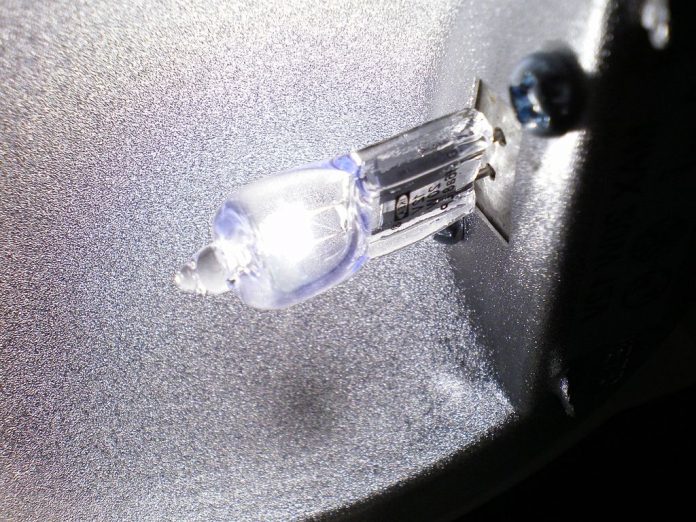Halogen light bulbs will be banned in the European Union as of September 1. All households are expected to start switching to LED lights.
Though more expensive, LED lights last longer, consume less energy and can save on electricity bills in the long term compared to halogens.
As reported by Ecowatch, proponents tout electricity savings across the EU of up to 93 terawatts each year by 2020, or the equivalent of Portugal’s annual electricity usage.
Phasing out inefficient lights will “save 15.2m tonnes of CO² emissions by 2025,” Anna-Kaisa Itkonen, European Commission spokeswoman for climate action and energy, told CNN. “This is the equivalent to the emissions generated by around 2 million people per year. This is a significant contribution to the fight against climate change.”
Itkonen added that the ban will also help reduce oil imports to the European Union by nearly 75 million barrels a year.
While halogen lights will not immediately disappear, shops will not be allowed to order more after September 1. Shops will only be allowed to sell remaining stock.
The ban is a part of the final stage of the European Union energy rules, directive (EC 244/2009) that aims to improve energy efficiency and cut the carbon footprint across the EU.
The EU banned the traditional incandescent light bulbs in 2009.

